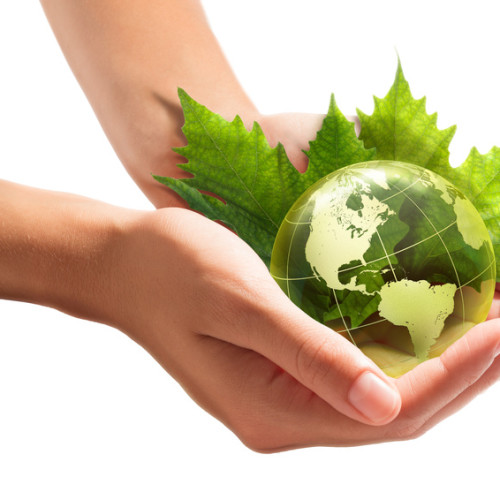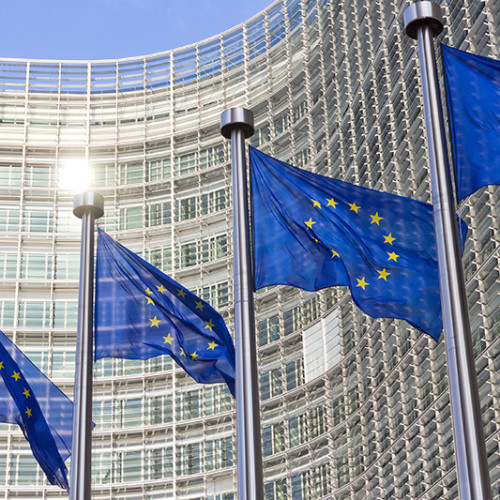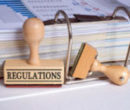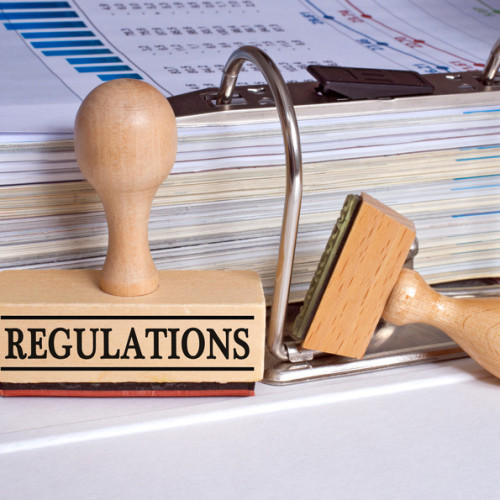
On June 22, 2023, the European Authority (EFSA) published a scientific opinion recognizing the contribution of choline to the normal hepatic function of the fetus and exclusively breastfed infants. She recognized the scientific basis of this effect on health following the request for a health claim on this subject.

Better supervision and control of technology is the Senate’s vigilance recommendation. The Committee on Economic Affairs in the Senate recalled its anthropological, ethical, cultural and, in short, political opposition to the development of “cellular foods”. Promising on paper (environment, animal welfare), this innovation according to the Senate, will in no way be essential in the food transition, and would not be without impact on livestock farming. It then made eighteen recommendations grouped into three areas respectively focused on the authorization process strengthening, the information to consumer and research.

EFSA is organizing a two-day scientific symposium on May 11 to gather scientific views and opinions from representatives of European, international and national agencies, technology companies as well as food operators, consumer groups and a range of individuals and other organizations interested in the issue of the safety of foods derived from cell cultures.

The EFSA’s Scientific Committee has assessed the exposure to copper from all dietary and non-dietary sources for the first time for this substance. He has concluded that the combined exposure to copper from all sources does not pose health concerns for the EU population.

Under a new Regulation, lesser mealworm larvae enter the list of authorized novel foods.

Conformément à l’article 31 du règlement (CE) n° 178/2002, la Commission européenne a demandé à l’EFSA d’évaluer si les données de deux nouvelles publications scientifiques présentées par la Société italienne de toxicologie étaient suffisantes pour réviser leurs conclusions sur la sécurité des dérivés d’hydroxyanthracène dans les aliments.

On 10 June 2022, the EU Commission published a recommendation on the definition of nanomaterial. This recommendation clarifies the definition adopted by the European Commission in 2011 (Recommendation on the definition of a nanomaterial 2011/696/EU).

Alphitobius diaperinus larvae may soon be on our plates!

On 28 June 2022, a webinar information session was held to present the recently published EFSA “Statement on safety of cannabidiol as a novel food: data gaps and uncertainties” to stakeholders.